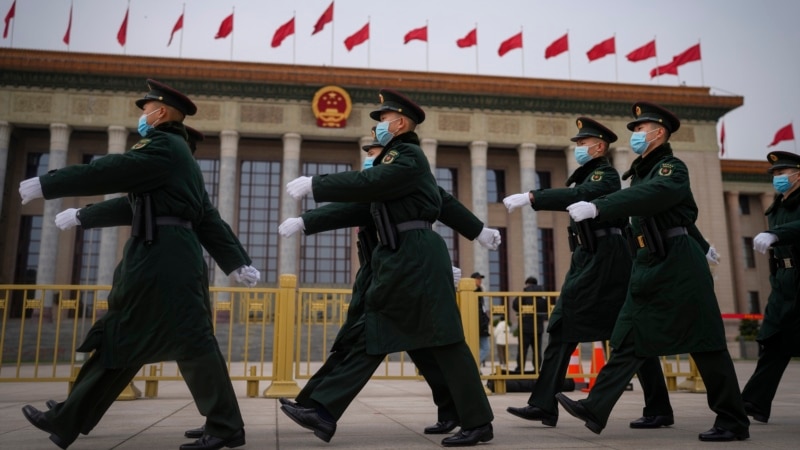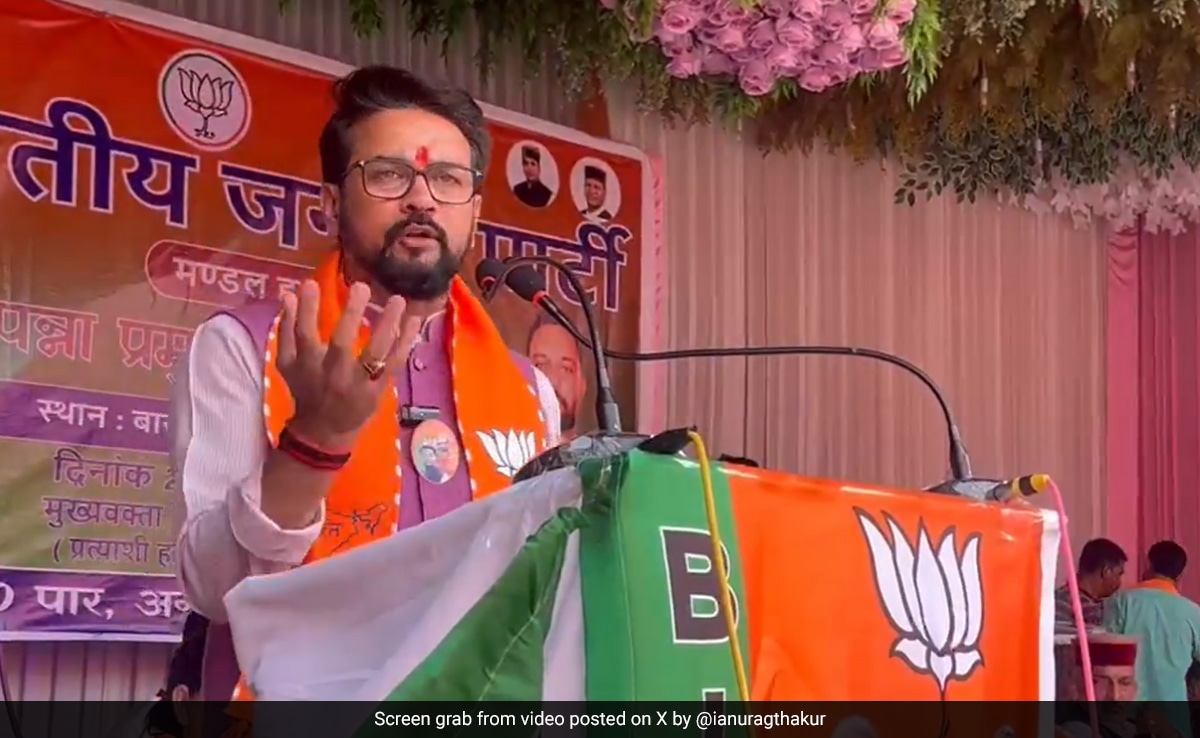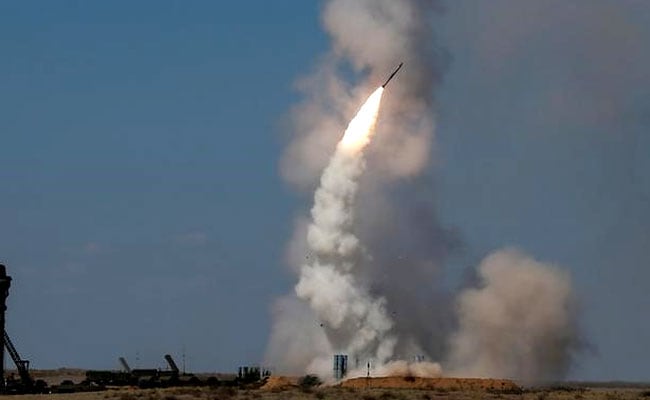
China announced on Tuesday a 7.2% increase in its defense budget, more than doubling during President Xi Jinping’s 11 years in power as Beijing hardens its stance on Taiwan.
Since Xi Jinping took office as president in 2013, the defense budget has surged from $100 billion to $230 billion this year.
The increase reflects the growth rate proposed in last year’s budget and is well above the government’s economic growth forecast for this year. The government report said the growth target for 2024 is about 5%, similar to last year’s target.
Bonny Lin, senior fellow for Asian security and director of the China Power Project at the Center for Strategic and International Studies, said the increase in the military budget is intended to demonstrate “reasonable” and “stable” growth in China’s defense spending.
“The actual People’s Republic of China [People’s Republic of China] The proposed defense budget is more than $7 billion higher than last year. “China’s official budget accounts for only a portion of China’s total defense and national security expenditures, and the 7.2% figure indicates that China wants to continue to invest heavily and modernize the PLA,” she said. [People’s Liberation Army]”.
Lin said China’s officially released defense budget figures must take into account different pressures.
“On the one hand, it would be difficult for China to publicly announce an increase in defense spending given the economic problems it faces domestically. Beijing is also concerned that a significant increase in defense spending could trigger alarm and international concerns that China will use military force overseas,” she explain.
“On the other hand, a lower defense spending growth rate may indicate China’s less determination and ability to protect and promote China’s interests. A lower growth rate is also inconsistent with China’s growing perception of external threats.”
Chong Ja Ian, assistant professor of political science at the National University of Singapore, told VOA the increase may be symbolic.
“he [Xi] He hopes to express to the outside world that he attaches great importance to national security. Especially in this context of slowing economic growth, he is still willing to invest in defense. Then this may be a hope that other countries will not challenge China in terms of security and military. “
Bonnie Glaser, managing director of the Indo-Pacific Program at the German Marshall Fund, told VOA: “The decision to increase defense spending by 7.2% at a time when China’s economy faces severe headwinds underscores Xi Jinping’s commitment to achieving the three goals he has set. The baseline commitments prepare the PLA for 2027, 2035 and 2049.”
In 2021, Xi Jinping set the goals for military modernization in 2027 as 1: “Accelerate the integrated development of mechanization, informatization, and intelligence;” 2: “Accelerate the modernization of military doctrine, organizational forms, military personnel, and weapons and equipment;” 3: “Adhere to quality first and efficiency first”; 4: “Promote the simultaneous improvement of national defense strength and economic strength.”
China is want to make sure The modernization of the People’s Liberation Army will be “basically completed” in 2035, and it will be built into a “world-class” army by 2049.
China has also formally adopted tougher rhetoric on Taiwan, dropping references to “peaceful reunification” in a government report delivered by Premier Li Qiang at the opening of the National People’s Congress on Tuesday.
The report emphasized that China hopes to “firmly” unify both sides of the Taiwan Strait. The statement made at the previous annual meeting was only a vow to “resolutely oppose” Taiwan independence.
“This shows that China is determined to achieve reunification with Taiwan through all possible means and is willing to use all possible means,” Lin said. The word “peace” was removed before “unification,” but the government work report still said China “will Promote the peaceful development of cross-Strait relations.”
Taiwan’s Mainland Affairs Council on Tuesday urged China to accept the fact that the two sides of the Taiwan Strait are not affiliated with each other and urged China to establish healthy cross-strait exchanges.
Taiwan’s defense minister said on Tuesday that the island’s armed forces will hold more missile drills this year.
Zhuang Zhiwei contributed to this report.
Follow us on Google news ,Twitter , and Join Whatsapp Group of thelocalreport.in
















